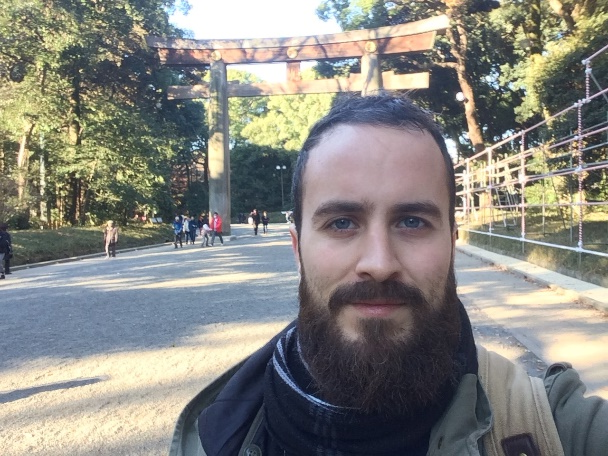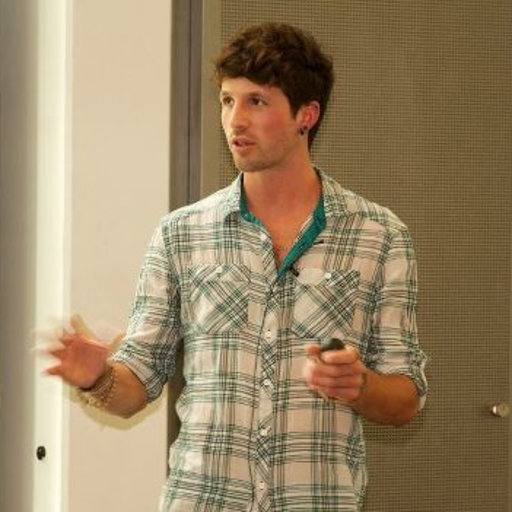Events
イベント
CHAIN ACADEMIC SEMINAR #8
終了しました
Dr. Manuel Baltieri & Dr. Aurelio Cortese 講演会
Seminar1

Lecturer
Active inference for cognitive science and artificial intelligence: open questions and new challenges
Abstract:
講師紹介
Manuel is a postdoctral research fellow at the Lab for Neural Computation and Adaptation, RIKEN Center for Brain Science (CBS). He specialises in computational modelling for Artificial Intelligence/Life and Theoretical/Cognitive Neuroscience. His goal is to investigate new approaches and theories of intelligence, cognition and behaviour with applications to robotics, psychology and biology among others. In his work, he uses Bayesian (active) inference methods and (stochastic) optimal control tools, applying theories of estimation and control to the study of biological, cognitive and artificial agents.
Seminar2

Lecturer
Neural mediators of abstraction in human learning
Abstract:
講師紹介
Aurelio is a senior researcher at the Computational Neuroscience Labs at ATR, where he works as a principal investigator for the ERATO-Ikegaya Brain-AI Hybrid project. He mainly works with fMRI, specializing in real-time close-loop designs (neurofeedback), human learning, decision-making, and metacognition. In his work, he combines the use of psychophysics, decision-making and learning tasks with fMRI recording and machine learning approaches to investigate the neural foundation of flexible behaviors in humans.
Event Report
開催報告